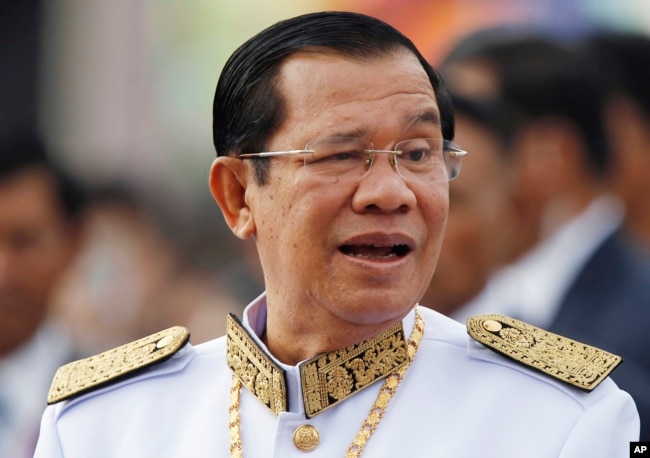By: Emily Green
Impunity Watch Reporter, South America
CARACAS, Venezuela – Violence in Venezuela has reached startling levels. While the country struggles with economic turmoil and political instability, violent crime continues to increase.
In the five-month period between May and September 2017, there were 520 cases of children and adolescents orphaned by violence in the nation’s capital. It is reported that every day, four children lose one of their parents due to acts of violence in Caracas. The Victim’s Monitor project registry is consistently collecting information on homicides there. Its goal is to characterize crimes, identify patterns of violence and their consequences, and then use them to create public policies to reduce homicides. The “Instinto de Vida” (“Instinct for Life”) is Venezuela’s homicide reduction campaign.
Also during those five months, 755 people died violently in Caracas. Of those, 280 were parents. As a result, women and children are suffering in these violent municipalities. In many cases, it is the breadwinner of the family that is killed and leaves his family in even worse economic conditions. Many children are forced to leave school to find the resources to survive, often during to petty drug trafficking or prostitution.
Additionally, the prolonged grief is hurting society. One psychologist, Manuel Llorens, asserted that murder is more difficult to deal with than natural or accidental deaths, and that it “produces a mixture of pain, anger, impotence and resentment.” He also says that due to the psychosocial consequences, “the social fabric is broken, and spaces for coexistence and consensual solutions for common problems are reduced.”
For the families that do survive, Venezuela’s culture fosters a significant problem with violence against women. The issue is so common that Venezuela has implemented projects to raise awareness about the reality of violence against women. They encourage people to recognize it as a violation of human rights. Statistics show that the abuse of women extends to psychological violence as well as physical.
However, violence is not limited to civilians. Even soldiers have been ordered to avoid traveling at night and refrain from revealing their military IDs. A “radiogram” sent by Venezuela’s military was discovered that reflects concern over soldiers’ safety. In one of the most violent countries in the world, military personnel attract thieves rather than scaring them away.
One retired general, Antonio Rivero, confirmed, “This is a totally contradictory situation. The document admits that not even security officials, who should be armed … are safe in Venezuela.” It is estimated that 282 police, soldiers, guards, and other security personnel have been killed this year. In an effort to keep them safe, soldiers are ordered to avoid places of “dubious reputation,” avoid nighttime risks, and refrain from using cellphones while stopped at traffic lights.
For more information, please see:
Stratfor – Venezuela: Why 2018 Will Be a Painful Year – 28 November 2017
InSightCrime – In Caracas, 4 Children Orphaned Every Day by Violence – 27 November 2017
Telesur – Venezuela Launches Campaign to Counter Violence Against Women – 1 November 2017











